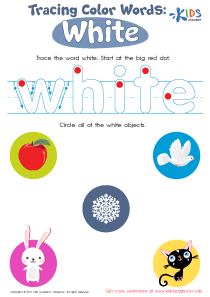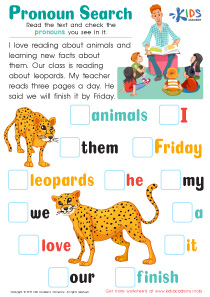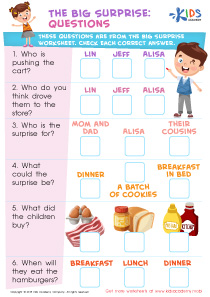Reading comprehension Normal Grade 3 Writing Worksheets
16 filtered results
-
From - To
Enhance your child's reading skills with our "Reading Comprehension Normal Grade 3 Writing Worksheets." Specially designed for third graders, these worksheets boost understanding, critical thinking, and vocabulary by engaging students with interesting passages followed by stimulating questions. Each worksheet adapts to various learning speeds, promoting confidence and a love for reading. Perfect for individual practice or classroom use, these high-quality resources foster comprehensive reading development. Encourage active reading and comprehension in a fun, effective way with Kids Academy's expert-crafted worksheets. Nurture your child's academic journey one worksheet at a time!
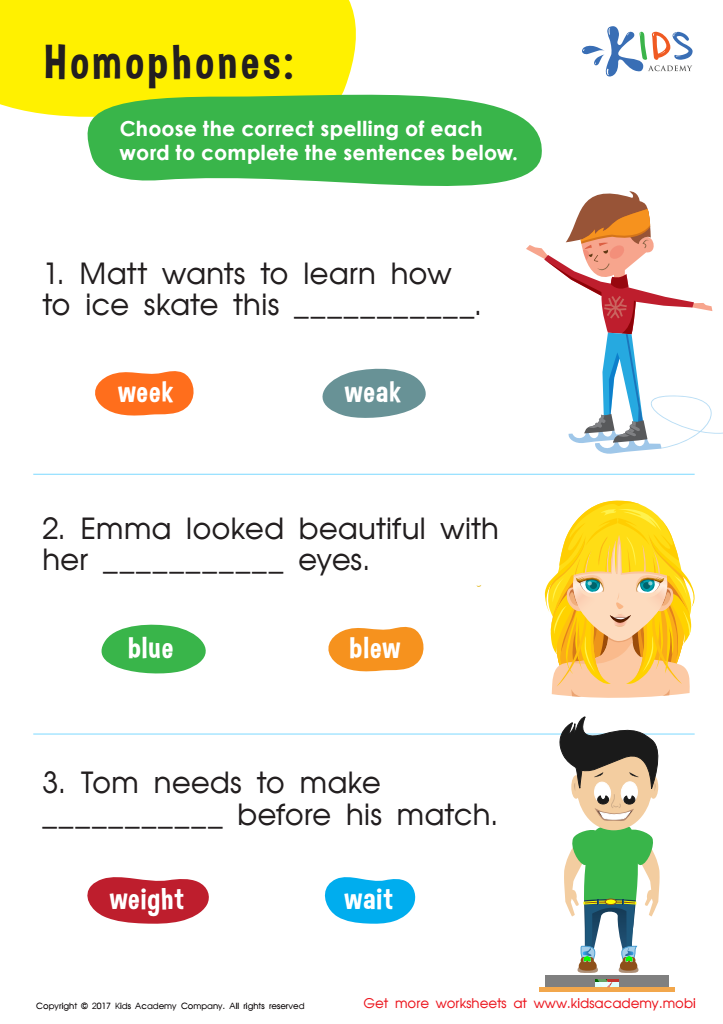

Homophones Ate/Eight Spelling Worksheet


Phonics and Word Recognition: Assessment 3 Worksheet
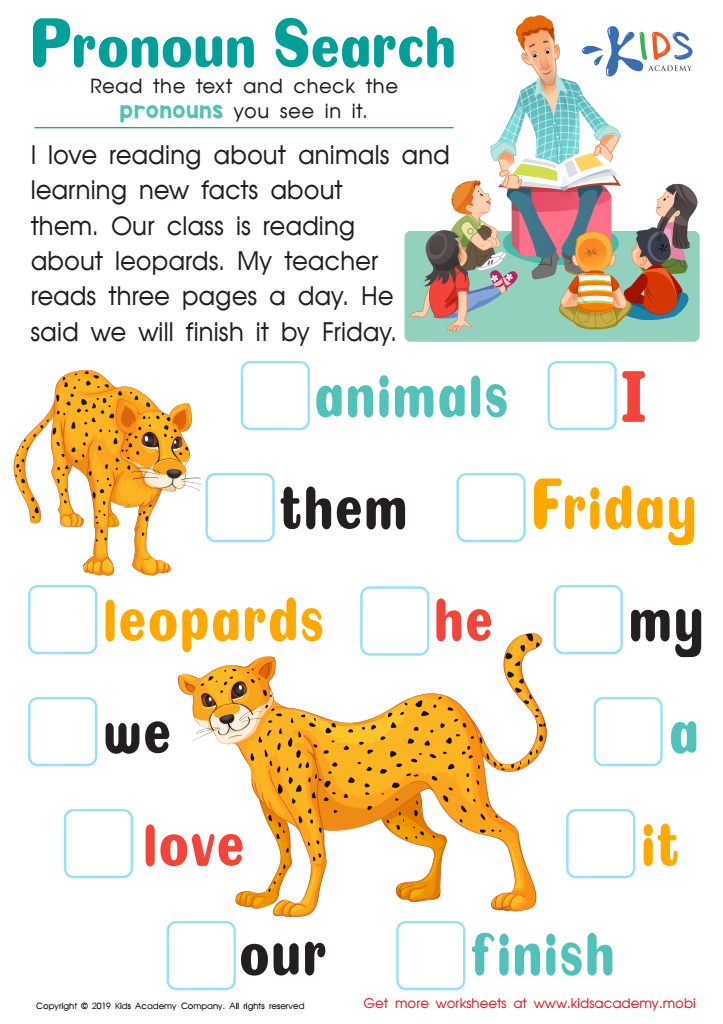

Pronoun Search Worksheet


Action! Worksheet
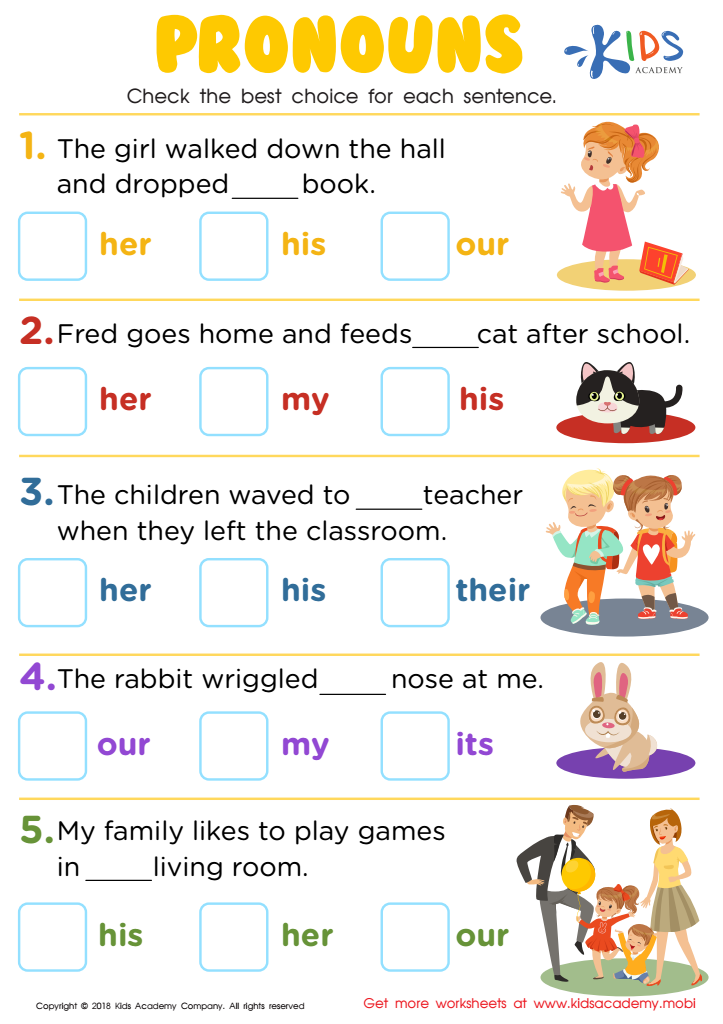

Pronouns Worksheet
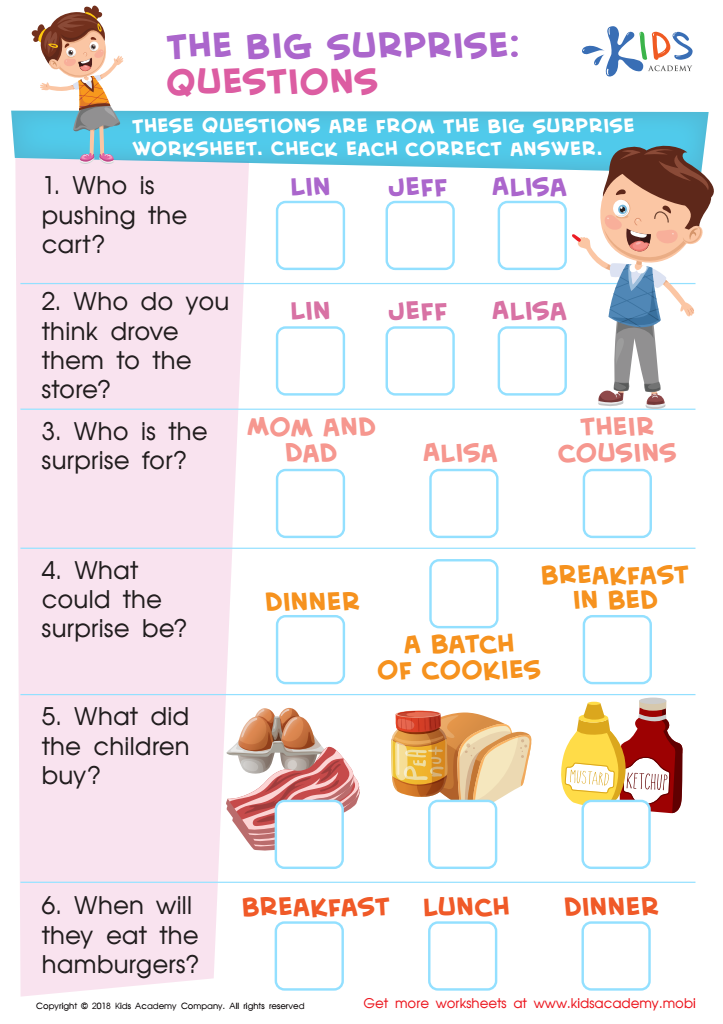

The Big Surprise: Questions Worksheet
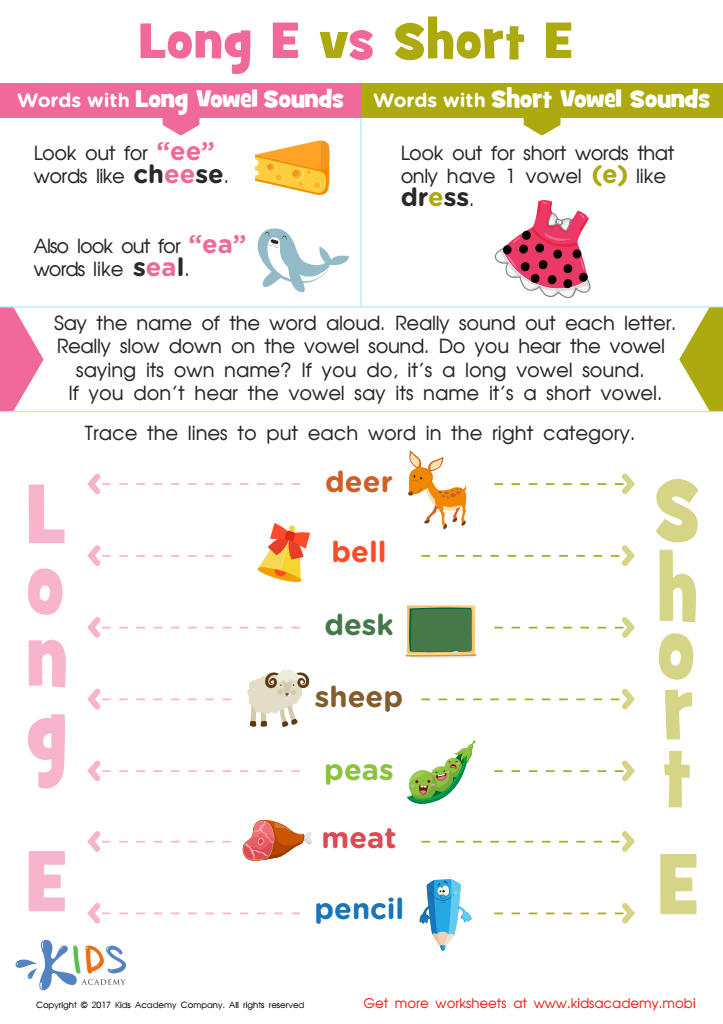

Long and Short Vowel E Spelling Worksheet
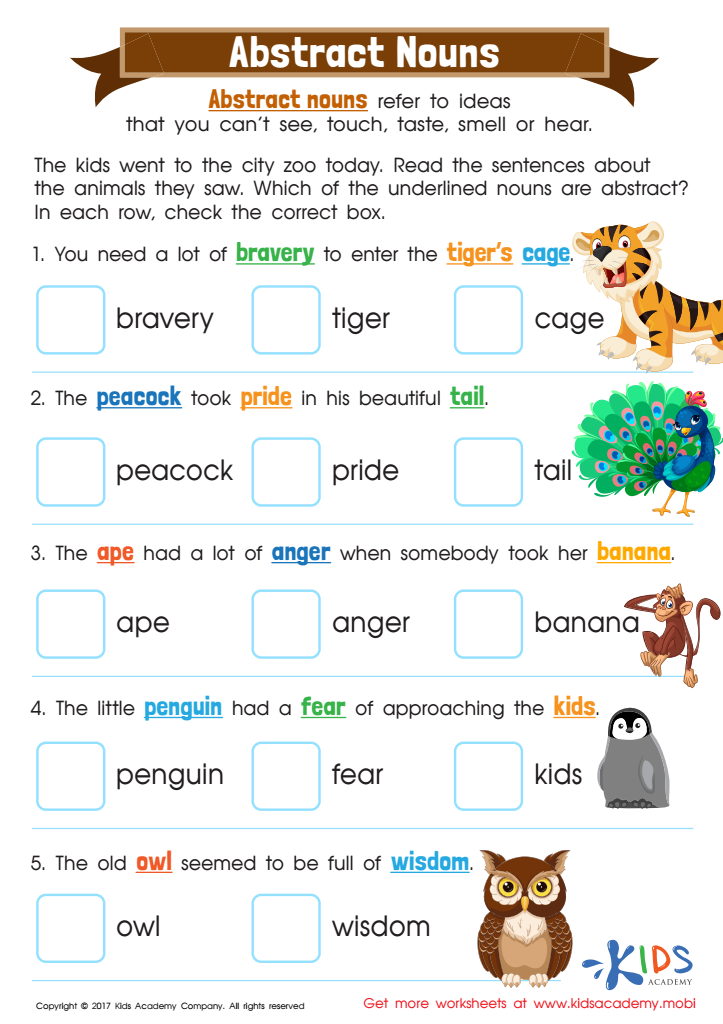

Abstract Nouns Worksheet


Adjectives Worksheet


Phonics and Word Recognition: Assessment 1 Worksheet
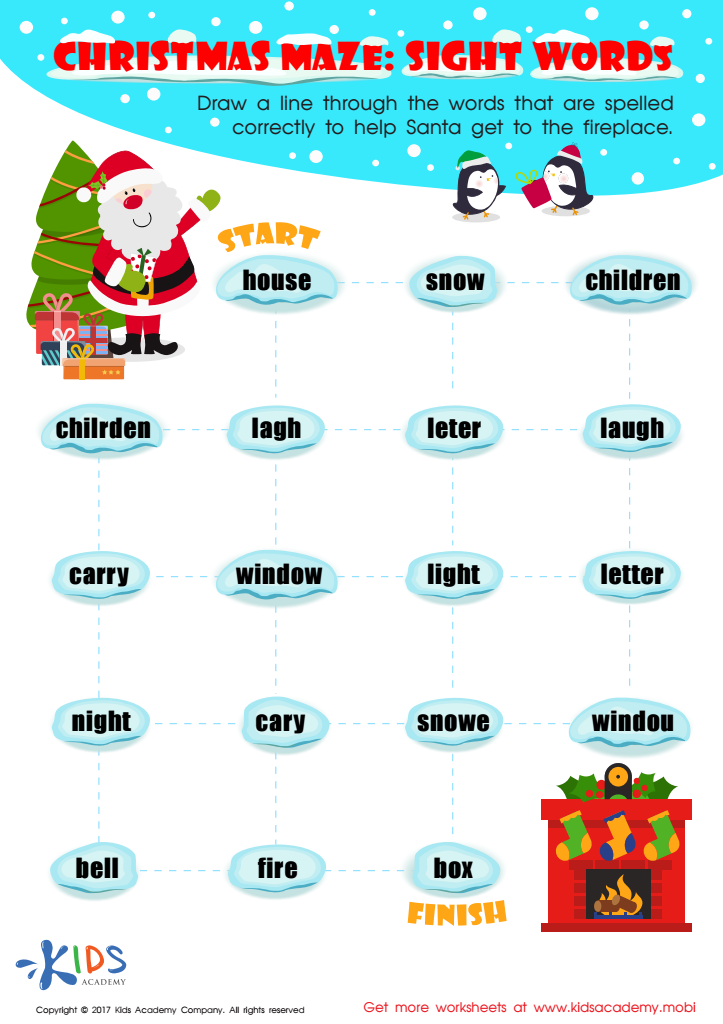

Sight Words Christmas Maze Printable
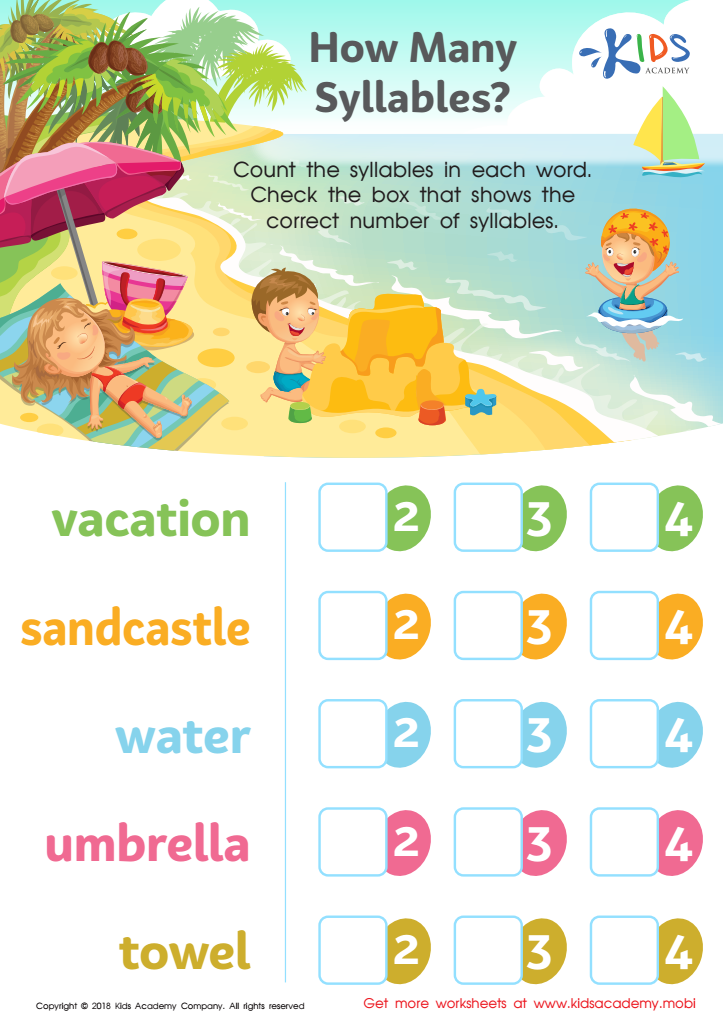

How Many Syllables Worksheet
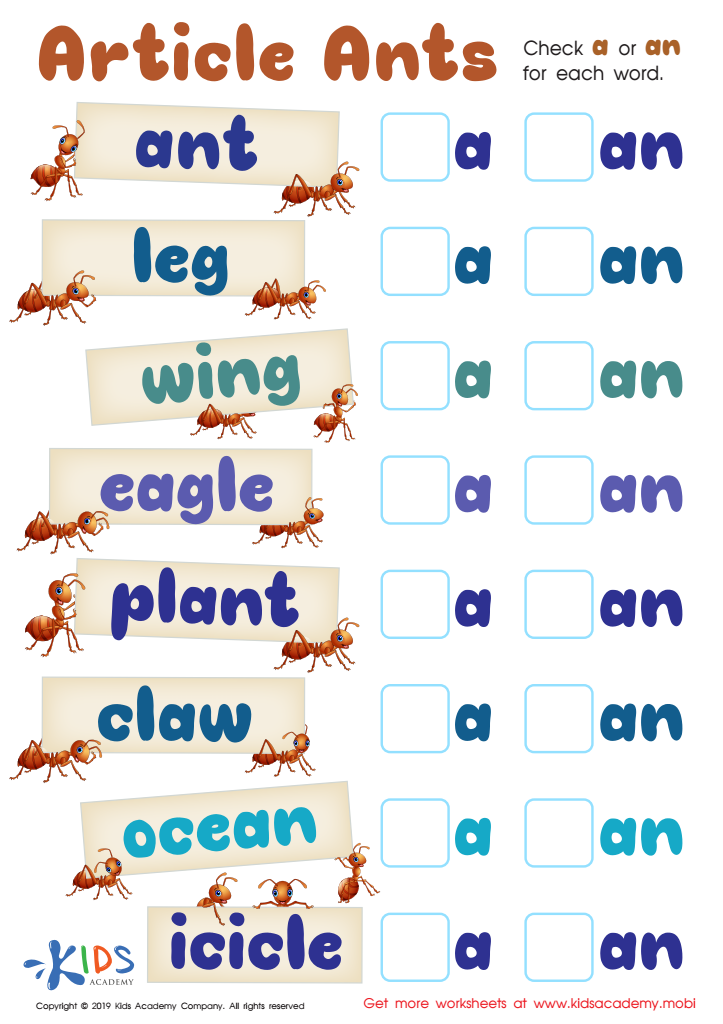

Article Ants Worksheet


Phonics and Word Recognition: Assessment 2 Worksheet
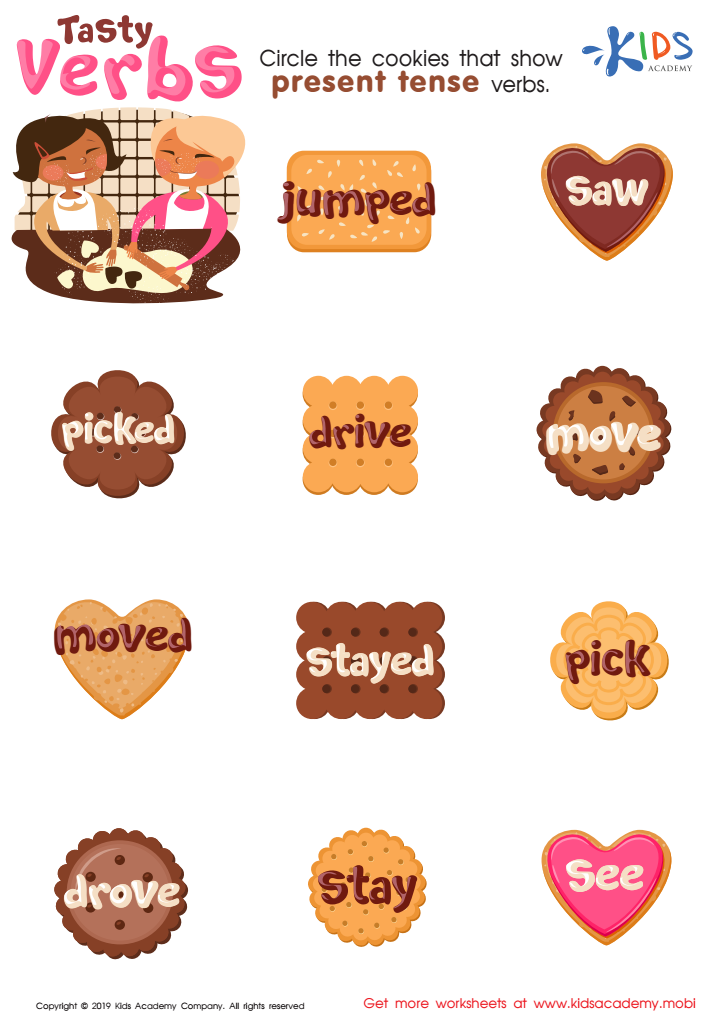

Tasty Verbs Worksheet
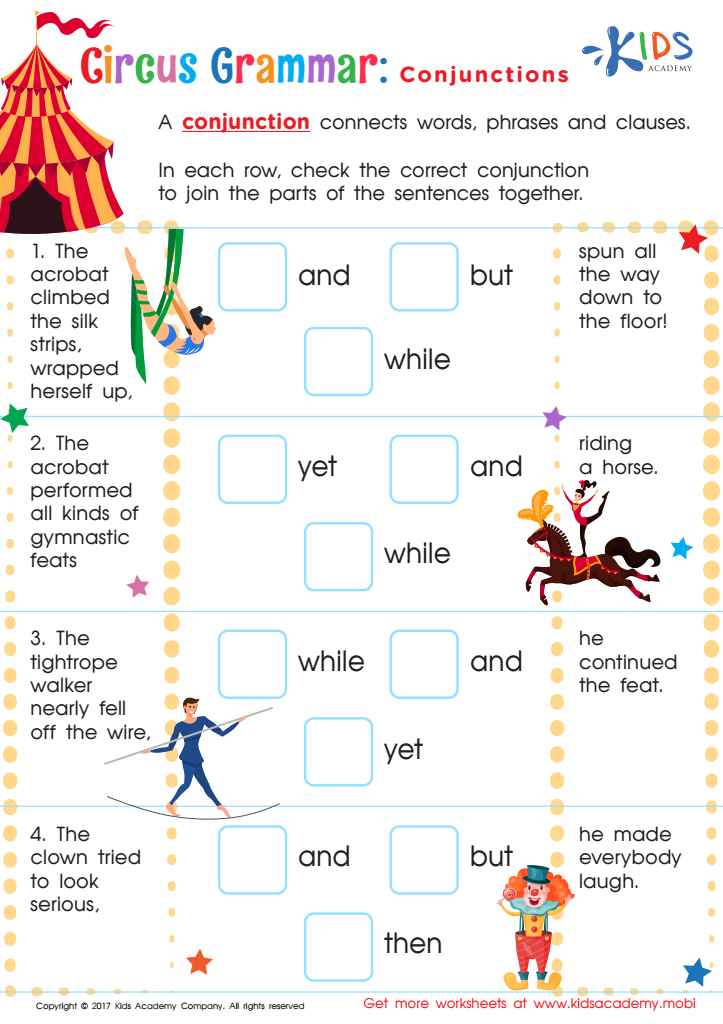

Conjunctions Worksheet
Reading comprehension and grade-appropriate writing skills are fundamental cornerstones for a child's educational development, particularly by Grade 3. At this stage, children transition from ‘learning to read’ to ‘reading to learn.’ Strong reading comprehension allows them not only to grasp the literal meaning of texts but also infer, analyze, and integrate knowledge across different subjects. This cognitive development is crucial for success in more advanced coursework, critical thinking, and problem-solving tasks.
Writing is an essential complement to reading. By Grade 3, students are expected to express their ideas clearly and coherently in writing. This skill helps them communicate their understanding effectively, whether they are summarizing a story, explaining a concept, or crafting a narrative of their own. Proficiency in writing also aids in self-expression and builds confidence.
Parents and teachers play a pivotal role by nurturing these skills. Providing diverse reading materials and constructive feedback can cultivate a child’s love for reading and enhance writing abilities. Ignoring these developmental milestones may result in future academic struggles, limited vocabulary, and lower self-esteem. Investing time and resources in improving these skills enables children to be better prepared for future educational demands and lifelong learning.
 Assign to My Students
Assign to My Students











